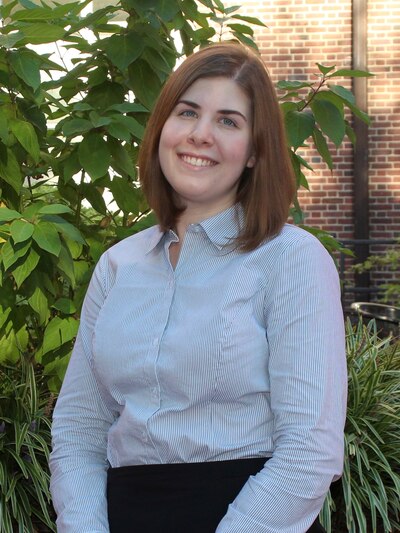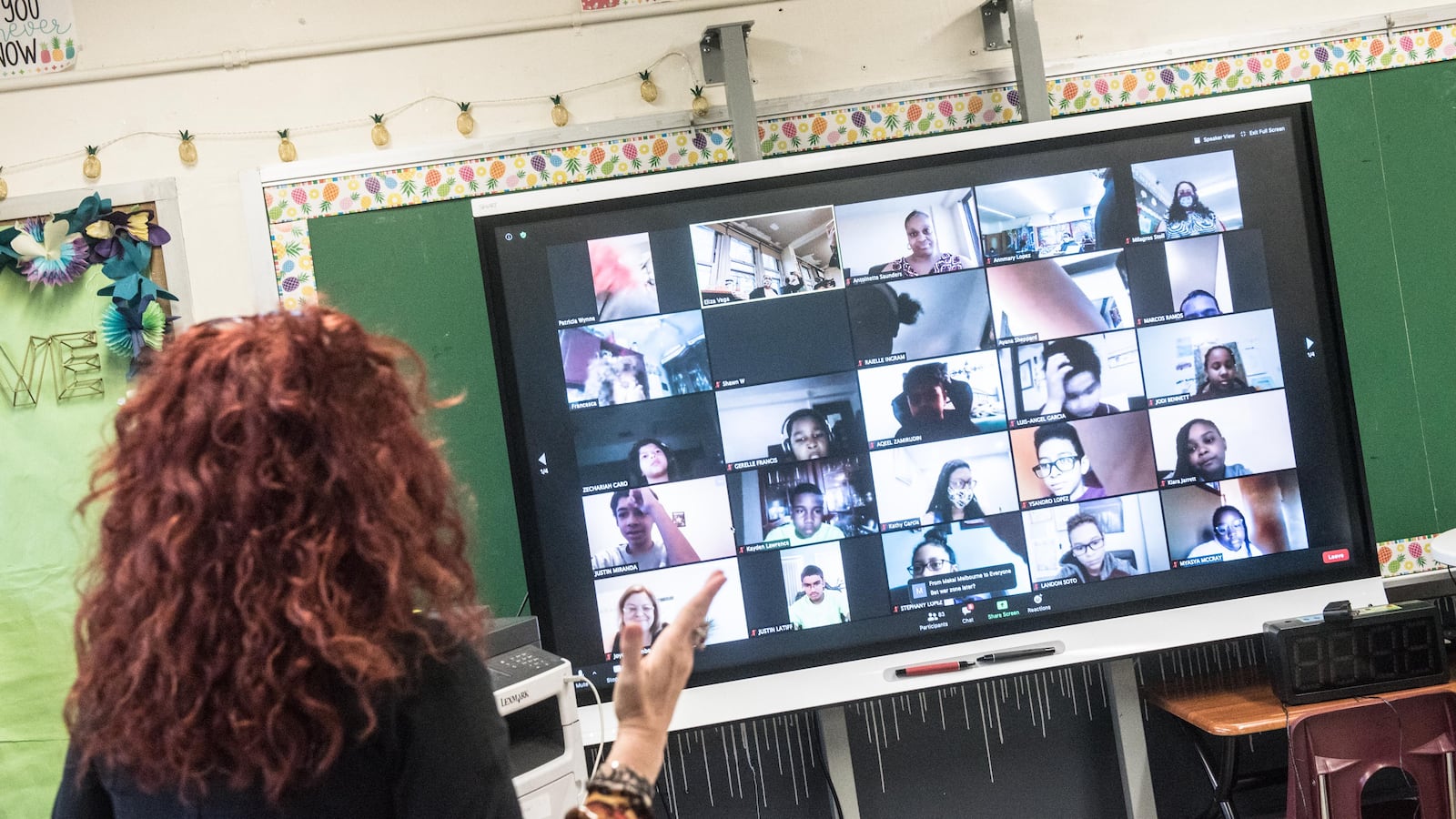“You’re way too nice to those kids.”
How many times have you heard this as a teacher, especially if you are young, female, and value social-emotional learning? Too many, I’m sure.
But as COVID-19 continues to disrupt students’ lives and our education system, I’m convinced that students need “too nice” teachers more than ever before.

I spent this past year as a student-teacher at a charter school in Washington, D.C., where we have been learning virtually for the entire school year. I worked hard to craft culturally relevant and engaging lessons, develop classroom routines, and build strong relationships with my students. But when it came to earning my students’ trust and respect, what proved most beneficial was simply choosing to be understanding in situations when other teachers might not.
My students used the Zoom private message feature to let me know when their mom was calling them away from class to carry in the groceries. Other students had screaming siblings or arguing adults in the background and would ask me to read their answers aloud so they didn’t need to unmute.
With so many students’ cameras off, many teachers would have assumed that these students were lying. No one benefits from a Zoom chat standoff during class, though, and I found that the students I was most understanding of were also the ones who regularly came for tutoring and worked hard to submit their assignments on time. What was gained here was more than the five minutes of learning that I might have kept students from missing if I’d been more strict.
My own experience in high school was not long ago, and my most lasting memory of that time is the constant feeling of being controlled. I struggled with the restrictions my school placed on using the bathroom, having absences excused, and walking in the halls. As a student, I had minor health problems that required frequent bathroom breaks, and since most of my teachers were not accommodating, I scheduled out my two allotted bathroom breaks per day with military precision.
I see now that these restrictions resulted in me spending a major chunk of my mental energy trying to adhere to rules that had nothing to do with my learning. I was raised by trusting parents who encouraged my independence from a young age, making that feeling of being controlled even more difficult to forget.
For my students, who are predominantly Black, I know that the school system was designed to control them in an even more powerful way. I can only imagine how demoralizing it must be for them to come to school and have their most basic needs restricted or ignored in favor of arbitrary rules and policies. The American school system polices Black students more strictly than their white peers when it comes to everything from uniform policies to metal detectors and school resource officers.
My mission as a teacher is to create a classroom environment where my students can feel comfortable learning, being themselves, and caring for their own biological needs without the constant feeling of being controlled.
So as we get ready to throw Zoom and hybrid teaching aside in favor of a return to the classroom next year, let’s remember that our pre-pandemic “normal” was far from perfect, and hold onto this additional level of compassion and grace we’ve extended to students during this challenging year. Gloria Ladson-Billings has it right in her article, “I’m Here for the Hard Re-Set”: “Normal” has never been equitable to Black children, and we should use the post-pandemic moment to correct these problems. I’m confident that we can create well-managed classrooms that are also understanding of our students’ bodily needs, lives outside of school, and personal circumstances.
Learning during COVID has been an exercise in trust and student independence. While aspects of this experiment have indeed failed, this past year has been a powerful lesson in the importance of being warmer and more understanding in our approaches to classroom management.
Cara Schiavone is a first-year teacher in Washington, D.C. She is pursuing a master’s in education at Johns Hopkins in partnership with Urban Teachers. She loves trying new foods, spending time with her cat, and working with high schoolers. One day, she hopes to expand her impact by working in education policy and continuing to fight for more equitable schools and classrooms.



